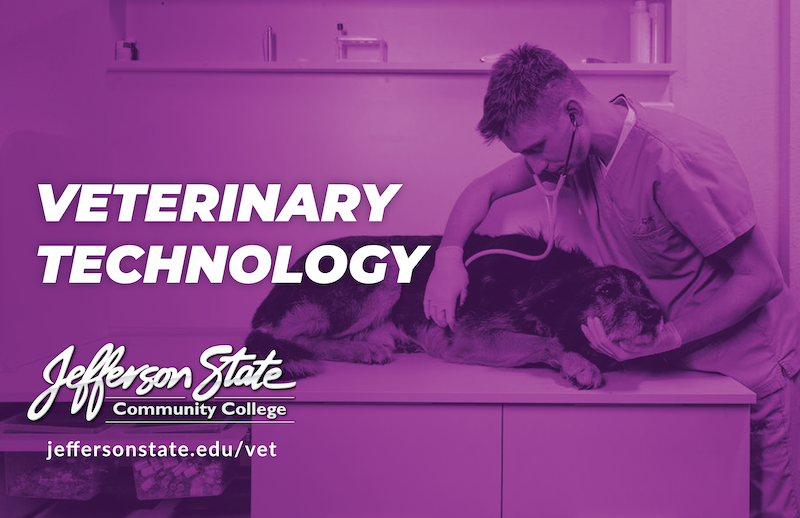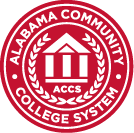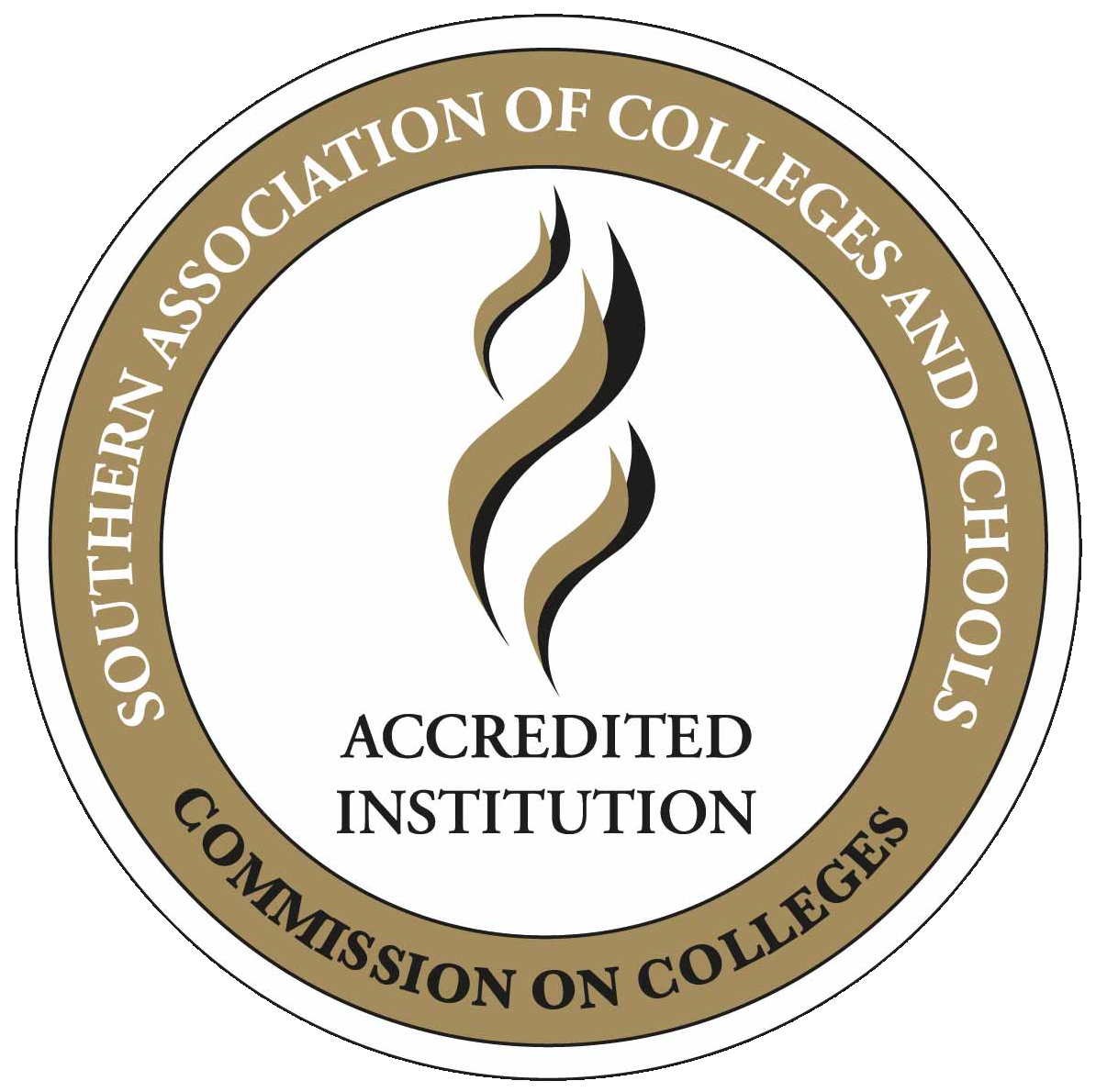Veterinary Technology
Our Vet Technician program is for students who live and work within the state of Alabama.
Licensed Veterinary Technicians are educated in the care and handling of animals, the basic principles of normal and abnormal life processes, and in many laboratory and clinical procedures.
All veterinary technicians work under the supervision of a licensed veterinarian. While a veterinary technician can assist in performing a wide variety of tasks, they cannot diagnose, prescribe, perform surgery, or engage in any activity prohibited by a state’s veterinary practice act.
In a clinical practice setting, such as your local veterinary hospital, veterinary technicians handle many of the same responsibilities that nurses and other professionals perform for physicians – and, like veterinarians, they are trained to work with several species of animals. They are trained to obtain and record patient case histories; collect specimens and perform laboratory procedures; provide specialized nursing care; prepare animals, instruments, and equipment for surgery; assist in diagnostic, medical, and surgical procedures; expose and develop radiographs (X-rays); advise and educate animal owners; supervise and train practice personnel; and perform dental prophylaxes.
In addition to the responsibilities above, veterinary technicians employed in a biomedical research facility perform other duties under the supervision of a licensed veterinarian, a biomedical research worker, or other scientist, such as supervising the humane care and handling of research animals and assisting in the implementation of research projects.
While most veterinary technicians are employed in private practice, the demand for technicians is rapidly expanding to include new employment opportunities in human and animal health-related areas and specialties such as military service, food safety inspection, teaching, zoo animal and wildlife care, diagnostic laboratory support, veterinary supply sales, animal control and humane society animal care, and drug and feed company technical service and sales.
In general, veterinary technicians obtain 2-4 years of post-high school education (similar to a Registered Nurse (RN) and have an Associate’s or Bachelor’s degree in veterinary technology. They must pass a credentialing examination and keep up-to-date with continuing education to be considered licensed veterinary technicians.”
The Veterinary Technology Program at Jefferson State is a distance education program. It is imperative that you have access to a computer, the internet, and be available to work or volunteer for a veterinarian for a minimum of 20 hours per week. Students must work/volunteer in a veterinary facility that is located within the state of Alabama. Program Brochure
Theory classes are conducted through the internet, and most required clinical skills will be performed at the veterinary clinic where you work. You will not have to permanently relocate to Birmingham to pursue this degree, however, travel will most likely be required to satisfy the requirements for large animal and laboratory animal clinics. You may also be required to come to Jefferson State or go to another clinic as needed (hopefully not over 1-2 times) each semester to fulfill clinical requirements that may not be available at the clinic where you are working.
Although this is a distance education program, we feel that communication is a very important part of your educational endeavor. Therefore, we encourage you to contact us with any questions or concerns you may have regarding this program.
To become a Licensed Veterinary Technician (LVT) within the state of Alabama, one must graduate from an AVMA accredited program in Veterinary Technology and pass both the Veterinary Technician National Exam (VTNE) and the Alabama State Boards.
Some Vet Tech Program Facts
- The National Average Veterinary Technician Salary Ranges from $35,000 – $40,000.
- Currently, there are only 239 LVT’s in Alabama. There are 848 Vet Clinics in Alabama and each one needs AT LEAST one LVT.
- 100% of our graduates receive job offers after graduation and passing their board exams.
- The cost of our two-year program is LESS THAN $13,000.
Jefferson State Named in Nation’s Top Ten Programs for Veterinary Assisting & Technology – Read Story
Veterinary Technology Career Outlook





